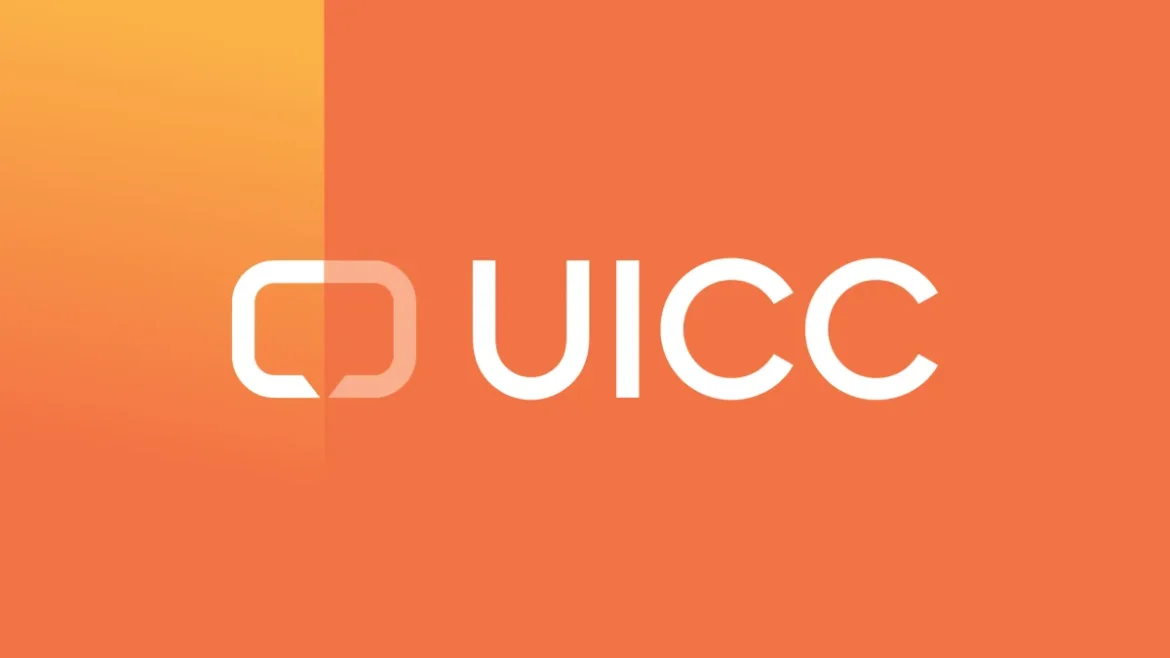By Iyemah David
Global health leaders are set to launch a new initiative aiming to reduce cancer deaths by 25 per cent by 2035.
The Union for International Cancer Control (UICC) announced this on Thursday, during a Webinar news conference.
The World Cancer Declaration 2025–2035 will be unveiled at the upcoming World Cancer Leaders’ Summit in Melbourne, Australia.
The Summit, scheduled to take place from November 18 to November 20, will convene more than 400 leaders in cancer control, health systems, and development from 80 countries.
Organised by the UICC and hosted by Cancer Council Victoria, the high-level event is with theme: “Bridging Divides, Building Futures.”
The declaration aims to reduce global cancer mortality by 25 per cent and ensure that 60 per cent of cancers are diagnosed early by 2035.
The event will be co-hosted by the Victorian Comprehensive Cancer Centre (VCCC) Alliance, Monash Partners Comprehensive Cancer Consortium, and the McCabe Centre for Law and Cancer.
It is also in collaboration with the World Health Organisation (WHO), the International Agency for Research on Cancer (IARC), and the International Atomic Energy Agency (IAEA).
Speaking, Ms Ulrika Årehed Kågström, President of UICC, said the summit outlines a comprehensive 10-year framework to bridge long-standing gaps in cancer care, particularly in low- and middle-income countries (LMICs).
Kågström said the “5×5×5 by 2035” framework was at the heart of the new declaration.
“Five global targets, five domains for national action, and five guiding principles that stress equity, evidence, collaboration, sustainability, and accountability.
“With the ‘5×5×5 by 2035’ framework laid out in UICC’s World Cancer Declaration 2025–2035, countries have a practical roadmap anchored in equity, evidence, and collaboration,
“It’s about closing the gap between what we know works, what is available, and what is being delivered, particularly for communities that have long faced barriers to timely, quality cancer care, “Kågström said.
She said that the declaration encourages governments and health systems to strengthen national cancer control plans, improve cancer registries, invest in early detection and screening programmes, and expand access to essential medicines and palliative care.
“It also calls for greater public education and awareness to reduce stigma and encourage healthy lifestyles that prevent cancer,” she said.
She said that according to the International Agency for Research on Cancer, approximately 20 million new cancer cases were diagnosed globally in 2022, resulting in nearly 10 million deaths.
“Projections indicate that if current trends continue, the world could face 30.5 million new cases and 18.6 million deaths by 2050.
“Most of these deaths occur in LMICs, where access to diagnosis, treatment, and prevention programmes remains limited,” she said.
Ms Kågström said the new declaration is designed to accelerate global progress by aligning scientific evidence with political commitment and sustainable financing mechanisms.
She said that cancer control is no longer the responsibility of one sector or one region.
“It is a shared mission that demands collective leadership, accountability, and sustained political will.
“Every life saved from cancer is a testament to what global cooperation can achieve,” she said.
Director of IARC, Dr Elisabete Weiderpass, said that the burden of cancer continues to grow, especially in countries least equipped to respond.
“The World Cancer Declaration provides a framework for evidence-based interventions that can be adapted to different national contexts.
“We cannot afford to let inequity drive the next wave of cancer deaths,” Weiderpass said.
She said that among the high-level speakers expected at the Summit were the Minister of Health of Brunei, Hon. Mohammad Isham Jaafar; Egypt’s Minister of Health and Population, Prof. Khaled Abdel Ghaffar; the Minister of Health of Tonga, Hon. Ana Akauola; and Victoria’s Minister for Health, Hon. Mary-Anne Thomas.
Other participants, she said include senior representatives from WHO, IARC, IAEA, UICC Board members, executives from major cancer societies, and leading researchers.
Mr Todd Harper, CEO of Cancer Council Victoria and a member of the UICC Board, said the Summit offers an invaluable opportunity to share knowledge and strengthen partnerships.
“The World Cancer Leaders’ Summit is a remarkable opportunity every two years for the global cancer community to meet, learn from each other, and, most importantly, apply this knowledge to improve outcomes for patients and their families.
“Considering Victoria’s strong leadership in cancer research and programmes, we are delighted to host this delegation of international cancer leaders and collaborate on new opportunities in cancer control,” Harper said
The 2025 Summit will explore how countries can turn commitments into tangible results, with sessions addressing access to essential cancer medicines and technologies, AI and innovation in cancer care, and culturally safe services for Indigenous and underserved populations.
Topics will also include post-UN high-level meeting outcomes on noncommunicable diseases (NCDs), financing and implementing national cancer control plans, and tackling inequities in women’s and lung cancers.
Speakers include leaders such as Dato’ Dr Saunthari Somasundaram, President of the National Cancer Society of Malaysia; Belinda Chan, CEO of the Fiji Cancer Society; and Professor Eric Bouffet of Canada’s Hospital for Sick Children (SickKids), who will lead discussions on paediatric oncology.
The World Cancer Declaration 2025–2035 represents an evolution from previous global strategies, focusing not just on commitments but on measurable progress.




